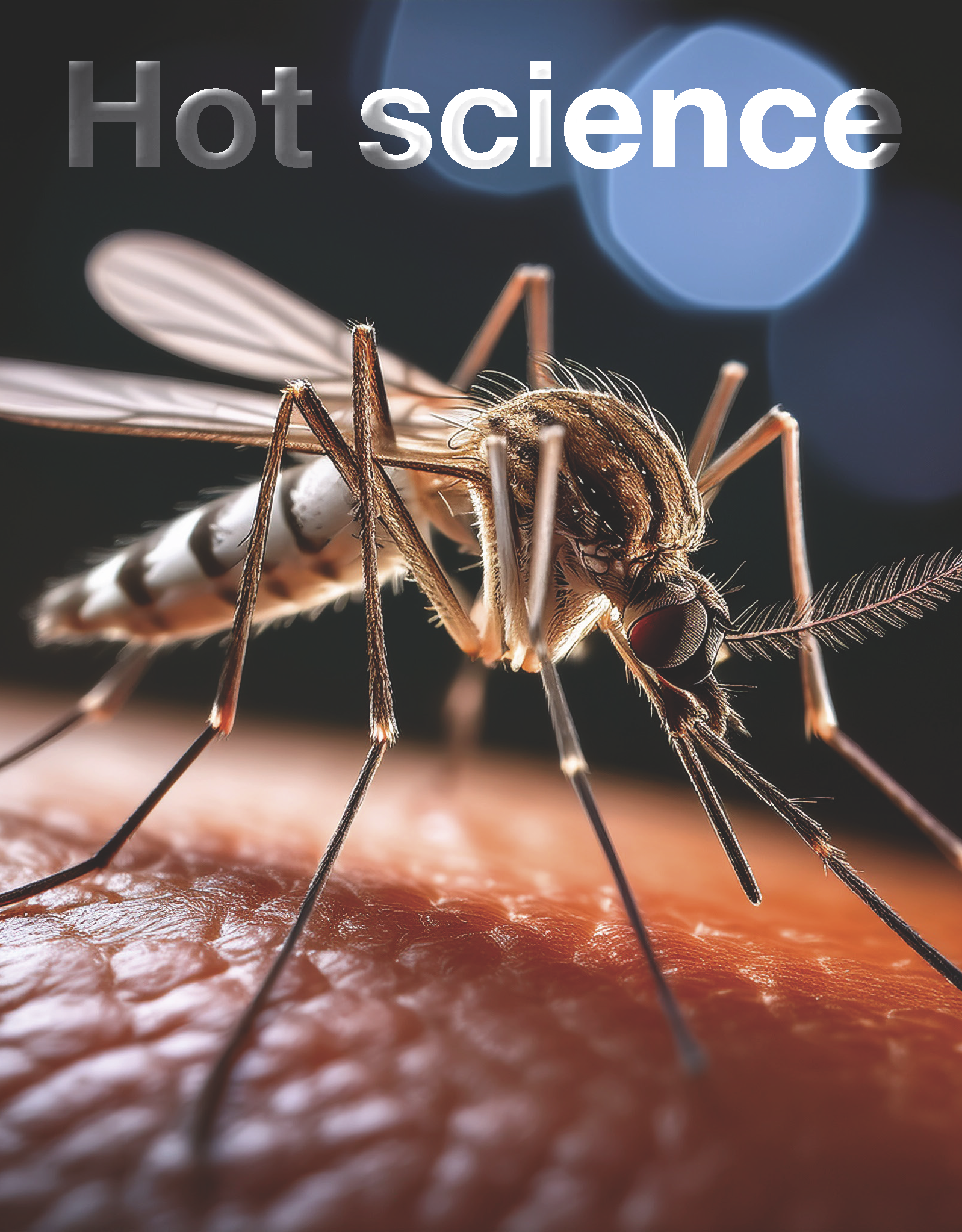When every minute counts, science accelerates dengue diagnosis
Keywords:
Dengue, Diagnosis, Multiplex PCRAbstract
Dengue is becoming increasingly common in Mexico. We typically perform tests that detect antibodies or directly identify the virus in the blood to diagnose it. However, these traditional tests take too long because antibodies appear days after the illness has begun. Fortunately, faster methods are now available, such as Multiplex PCR, which quickly identifies the presence of dengue and its specific serotypes. Innovative technologies like artificial intelligence and CRISPR can detect the virus directly without requiring specialized laboratories. These advances enable faster, more straightforward, and more accessible diagnoses, even in remote areas with limited healthcare services.
References
Baak-Baak, C. M., Cigarroa-Toledo, N., Pinto-Castillo, J. F., Cetina-Trejo, R. C., Torres-Chable, O., Blitvich, B. J., & Garcia-Rejon, J. E. (2022). Cluster Analysis of Dengue Morbidity and Mortality in Mexico from 2007 to 2020: Implications for the Probable Case Definition. The American Journal of Tropical Medicine and Hygiene, 106(5), 1515–1521. https://doi.org/10.4269/ajtmh.21-0409
CDC. (2023). CDC DENV-1-4 real-time RT-PCR multiplex assay. https://www.cdc.gov/dengue/hcp/diagnosis-testing/cdc-denv-1-4-real-time-rt-pcr-multiplex-assay.html
Mayrose, H., Bairy, G. M., Sampathila, N., Belurkar, S., & Saravu, K. (2023). Machine Learning-Based Detection of Dengue from Blood Smear Images Utilizing Platelet and Lymphocyte Characteristics. Diagnostics, 13(2), 220. https://doi.org/10.3390/diagnostics13020220
Rajan, A., Shrivastava, S., Janhawi, Kumar, A., Singh, A. K., & Arora, P. K. (2022). CRISPR-Cas system: From diagnostic tool to potential antiviral treatment. Applied Microbiology and Biotechnology, 106(18), 5863–5877. https://doi.org/10.1007/s00253-022-12135-2

Downloads
Published
How to Cite
Issue
Section
License
Copyright (c) 2025 Revista de divulgación científica iBIO

This work is licensed under a Creative Commons Attribution-NonCommercial-NoDerivatives 4.0 International License.
Self-archiving or deposit of the works in their post-publication version (editorial version) is permitted in any personal, institutional or thematic repository, social or scientific networks. The above applies from the moment of publication of the article in question on the website of the Revista de divulgación científica iBIO.




